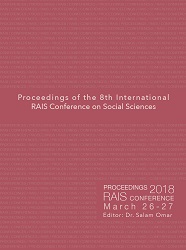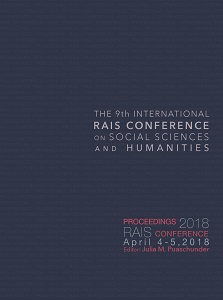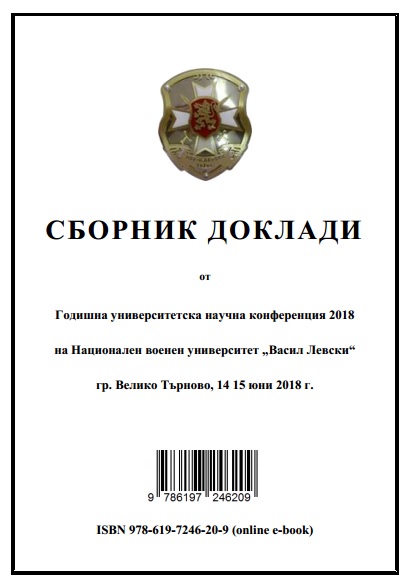
Evolution of Educational Management and Its Impact on Society
It is recognized that education is the field with the oldest history throughout the science perimeter. Education has been a special concern and a major concern for all social categories throughout history. The ultimate goal of education has been and remains to ensure the inner peace of man in all circumstances of life. Beyond the information received, man needs to know what to do and how to do in the context of a correct understanding of reality.The hope of people lies in the good education they provide to every citizen. Through this education, each person must be prepared to live a complete life and to be able to fulfill all the kinds of activities he needs in life. In this sense, it is very important for education to have clear objectives; without this objective, the whole educational process being inefficient. This article highlights the evolution of educational management over the course of history and its impact on society. At the same time, some recommendations will be presented for the effective use of the fantastic potential of the company.
More...


